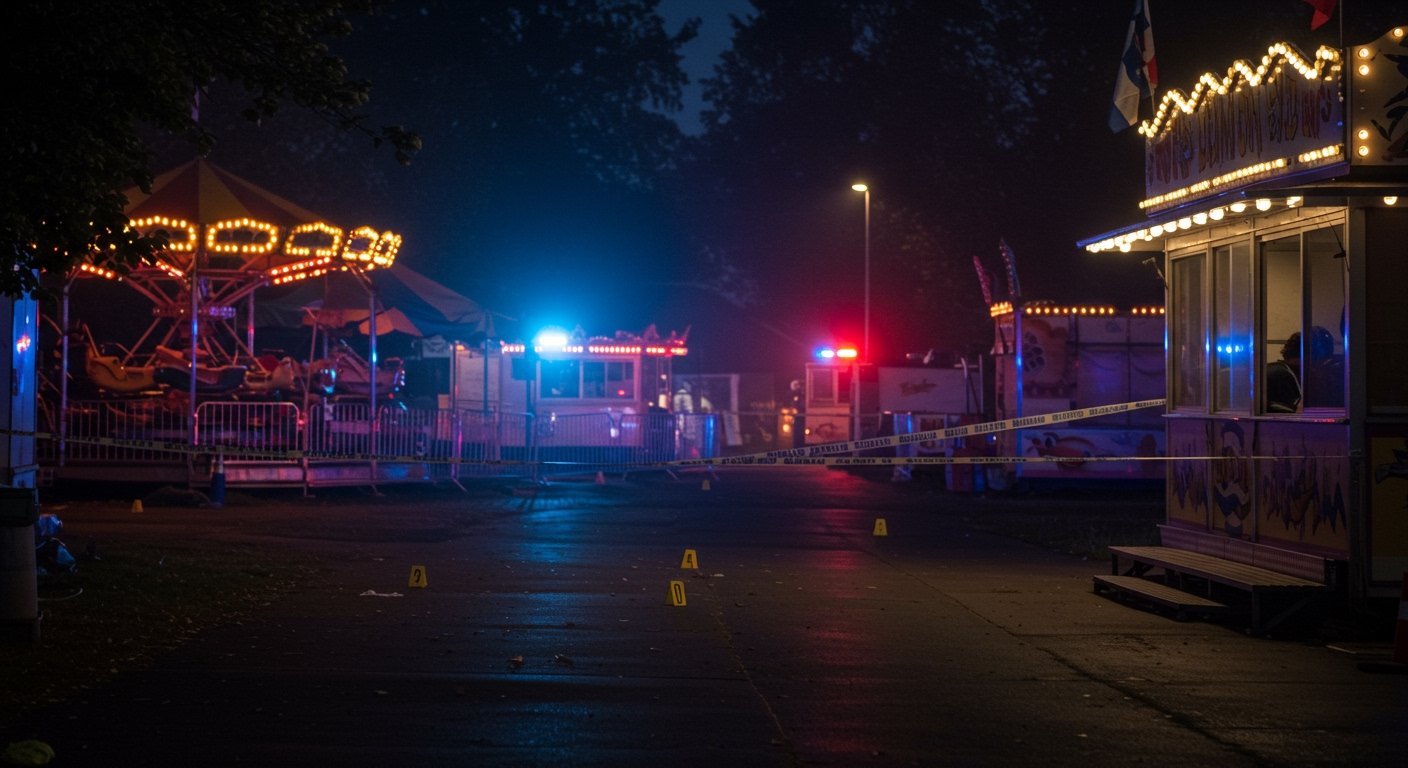Washington, D.C. – A bipartisan effort to bring greater transparency and accountability to the vast landscape of federal law took a significant step forward on June 10, 2025, as the House Judiciary Committee voted to advance the “Count the Crimes to Cut Act of 2025”. The proposed legislation, introduced by a cross-section of representatives including Lucy McBath (GA-06), Chip Roy (TX-21), Andy Biggs (AZ-05), and Steve Cohen (TN-09), aims to address long-standing concerns about the complexity and sheer volume of federal criminal statutes and regulations.
The bill’s advancement through the powerful House Judiciary Committee signals growing momentum for reforms aimed at identifying and potentially reducing instances of federal overcriminalization. The legislation mandates a comprehensive reporting requirement for the Department of Justice (DOJ) and the heads of all federal agencies.
Mandate for Transparency
At its core, the “Count the Crimes to Cut Act of 2025” requires federal authorities to undertake a detailed census of all federal criminal statutes enacted by Congress and any regulations promulgated by executive branch agencies that carry criminal penalties. This exhaustive inventory is intended to provide lawmakers and the public with a clearer picture of the total number and scope of federal laws under which an individual can face criminal charges.
Supporters argue that the sheer volume of federal laws with potential criminal implications is currently unknown and makes compliance challenging for ordinary citizens and even legal professionals. Without a definitive list, identifying areas of overlap, redundancy, or potential overreach within the federal criminal code is exceedingly difficult.
Bipartisan Leadership on Reform
The bill enjoys support from across the political spectrum, highlighted by its introduction by members from different parties. Representative Lucy McBath, the Ranking Member on the Subcommittee on Crime, and Representative Andy Biggs, the Chairman on the Subcommittee on Crime and Federal Government Surveillance, are among the key sponsors who have championed this initiative.
Following the committee vote, Congressman Biggs commented on the bill’s importance, stating that it represents a crucial step towards understanding the scope of federal criminal law. “For too long, the federal government’s footprint in the criminal justice system has expanded without a clear accounting of the laws and regulations that can ensnare citizens,” Biggs said.
Congresswoman McBath echoed this sentiment, emphasizing the need for transparency to protect individual liberties. “Americans deserve to know the laws they are expected to follow. This bipartisan bill is essential for shedding light on the current state of our federal criminal code and ensuring that individuals are not subjected to excessive or obscure penalties,” stated McBath.
The sponsors collectively highlighted that the legislation is fundamentally about addressing federal overcriminalization and working towards a system where Americans are not excessively punished for violating obscure or numerous laws and regulations. The report mandated by the bill is seen as a foundational step in any future efforts to simplify or streamline the federal criminal code.
Addressing Overcriminalization Concerns
Concerns about federal overcriminalization have been a topic of increasing debate among policymakers, legal experts, and advocacy groups. Critics argue that the rapid growth in the number of federal criminal offenses – often embedded in complex regulatory schemes rather than codified in the main criminal code – has made it nearly impossible for even well-intentioned citizens to avoid inadvertently breaking the law.
The lack of a definitive list of these offenses exacerbates the problem, making it difficult to assess the cumulative burden of federal criminal law and identify areas ripe for reform or repeal. The “Count the Crimes to Cut Act of 2025” is designed to provide the necessary data to inform future discussions and legislative actions aimed at mitigating these concerns.
The Path Forward
Having successfully cleared the House Judiciary Committee, the “Count the Crimes to Cut Act of 2025” is now eligible for consideration by the full House of Representatives. Should it pass the House, it would then proceed to the Senate for deliberation. Proponents remain optimistic that the bipartisan nature of the bill will facilitate its continued progress through Congress.
The vote on June 10, 2025, in Washington, D.C., marks a significant procedural victory for the sponsors and a step forward in the broader movement advocating for reforms to the federal criminal justice system by first understanding its true scope.










